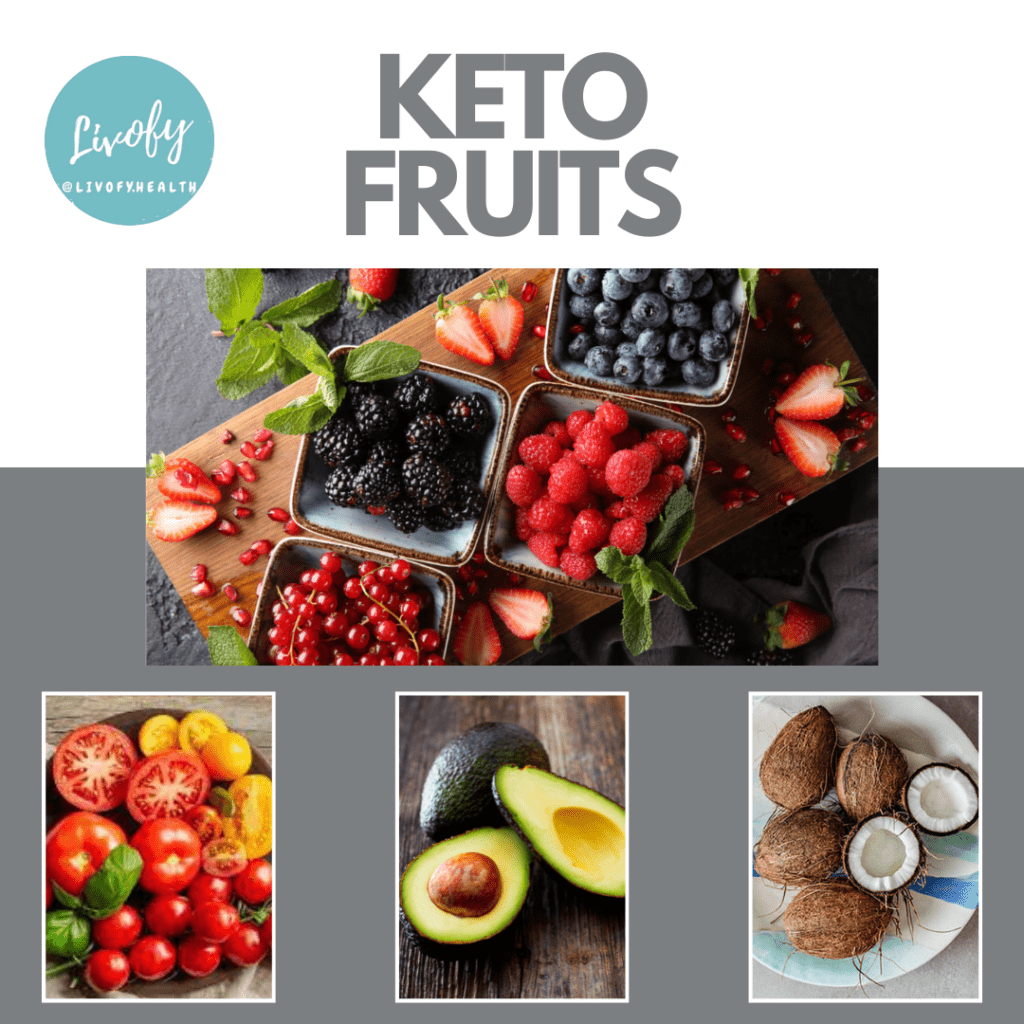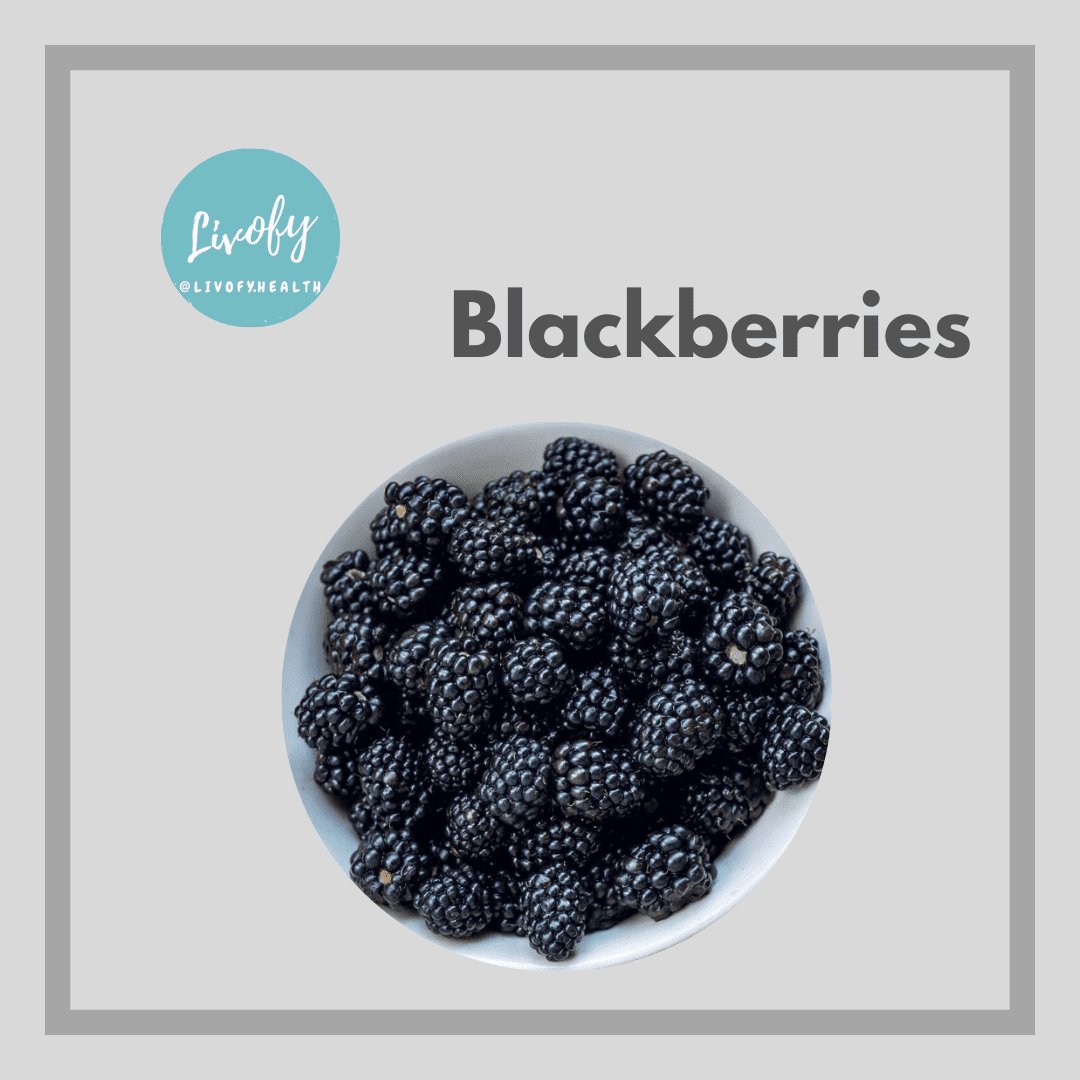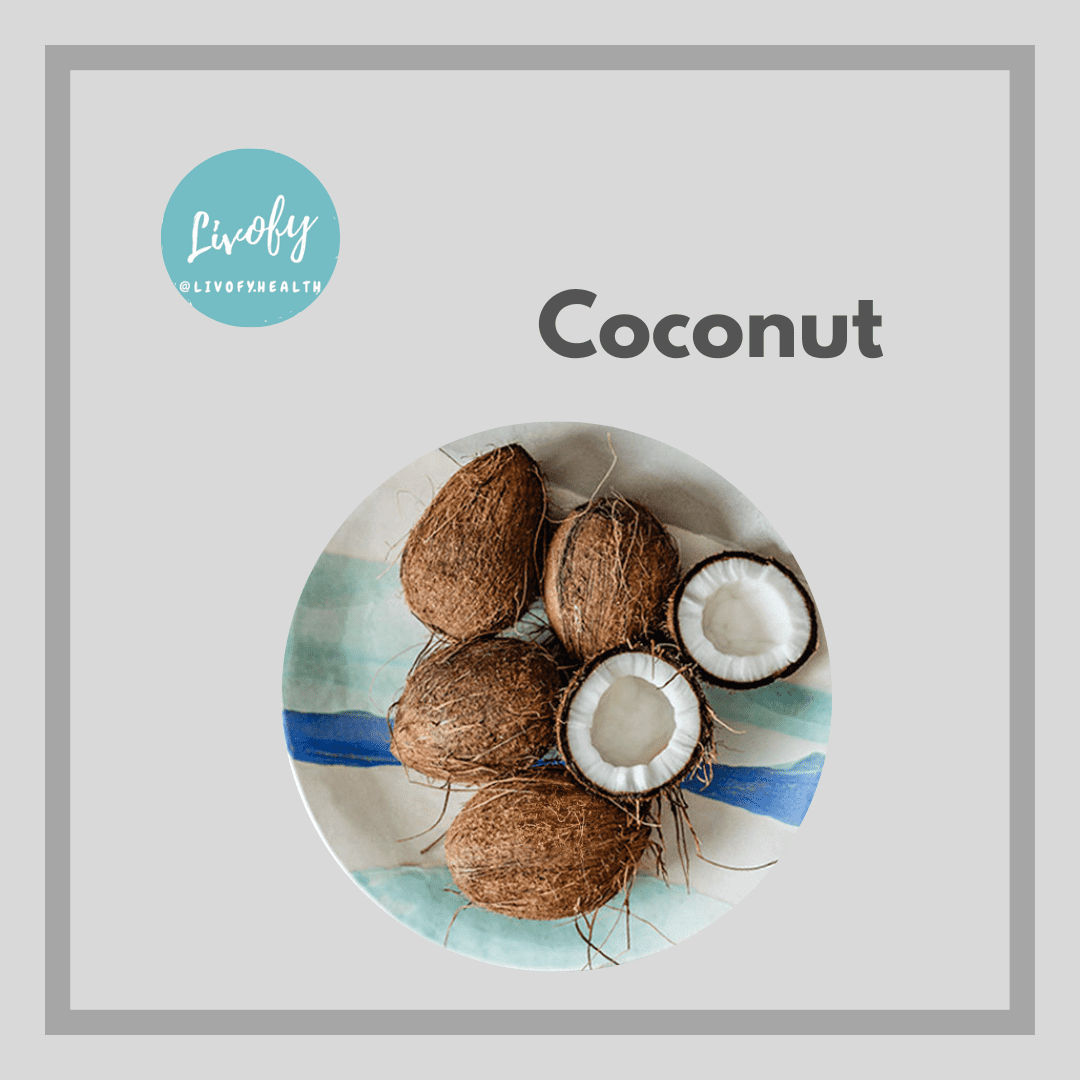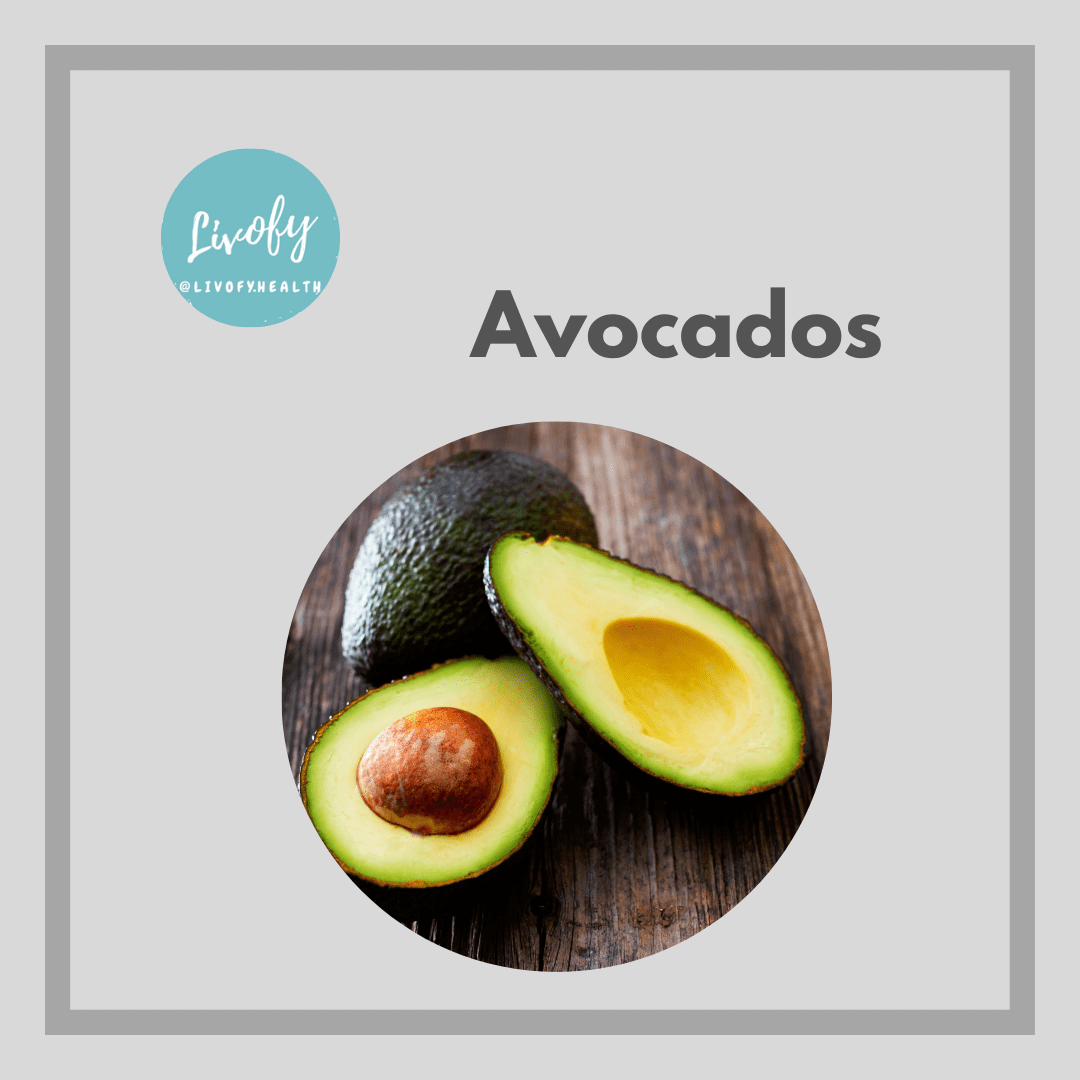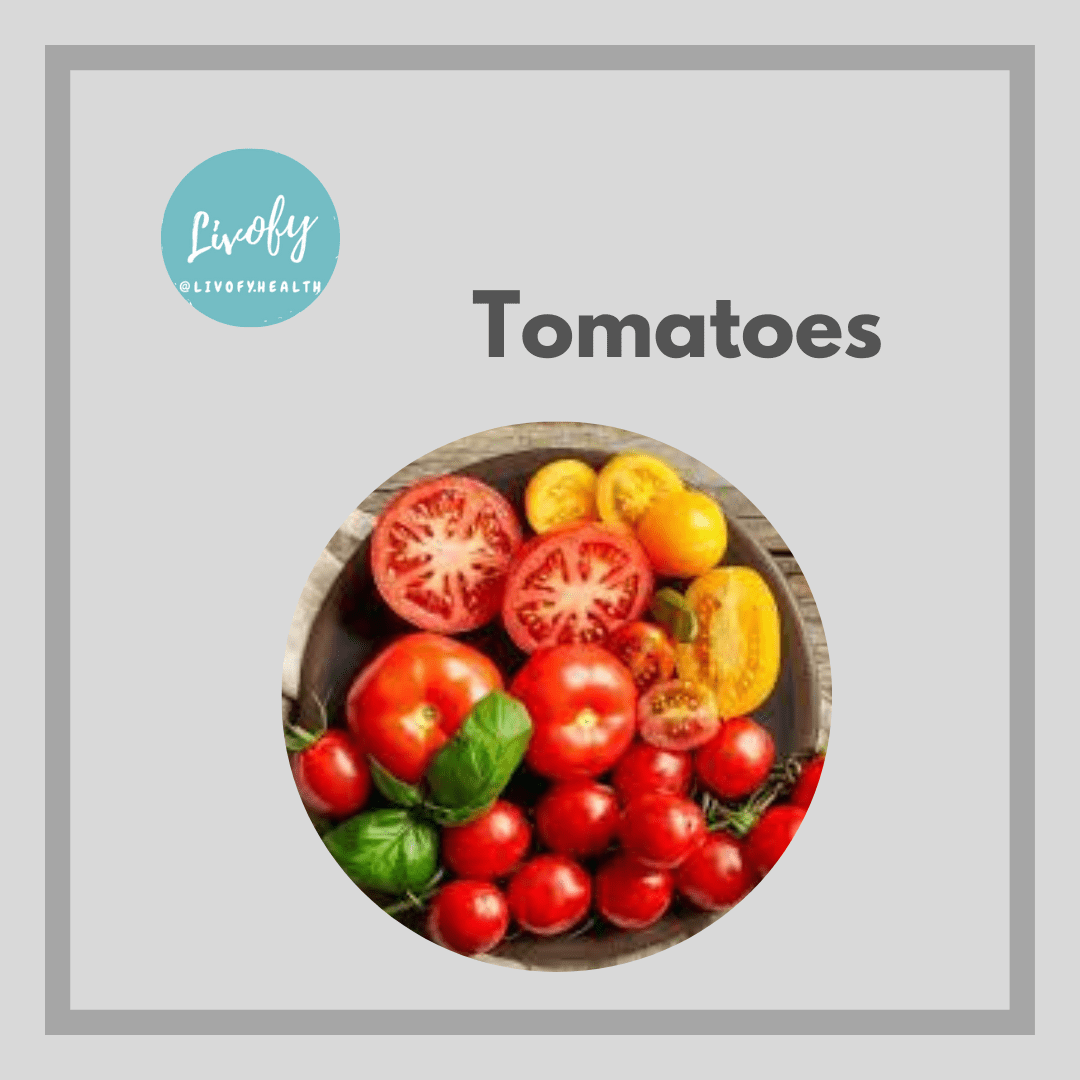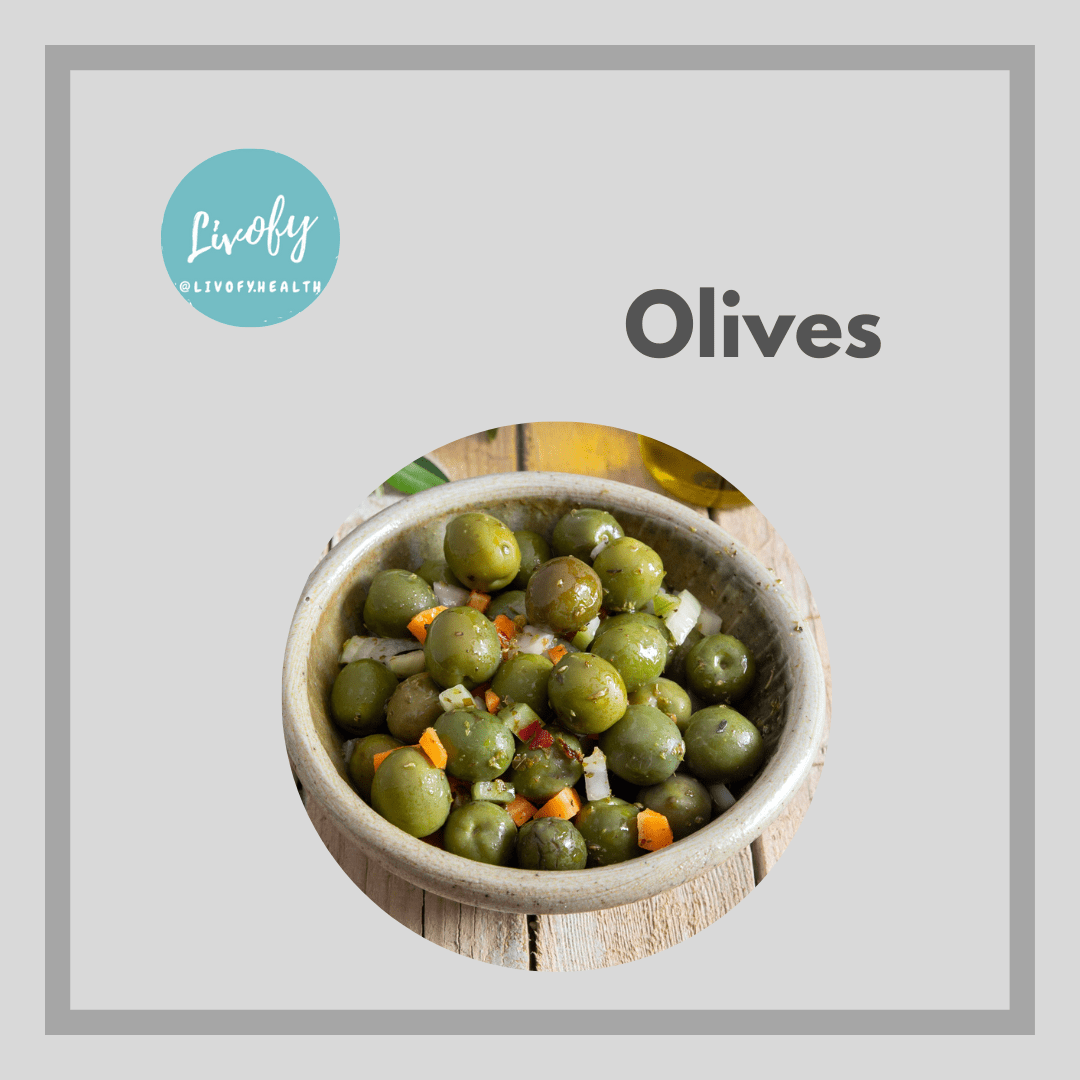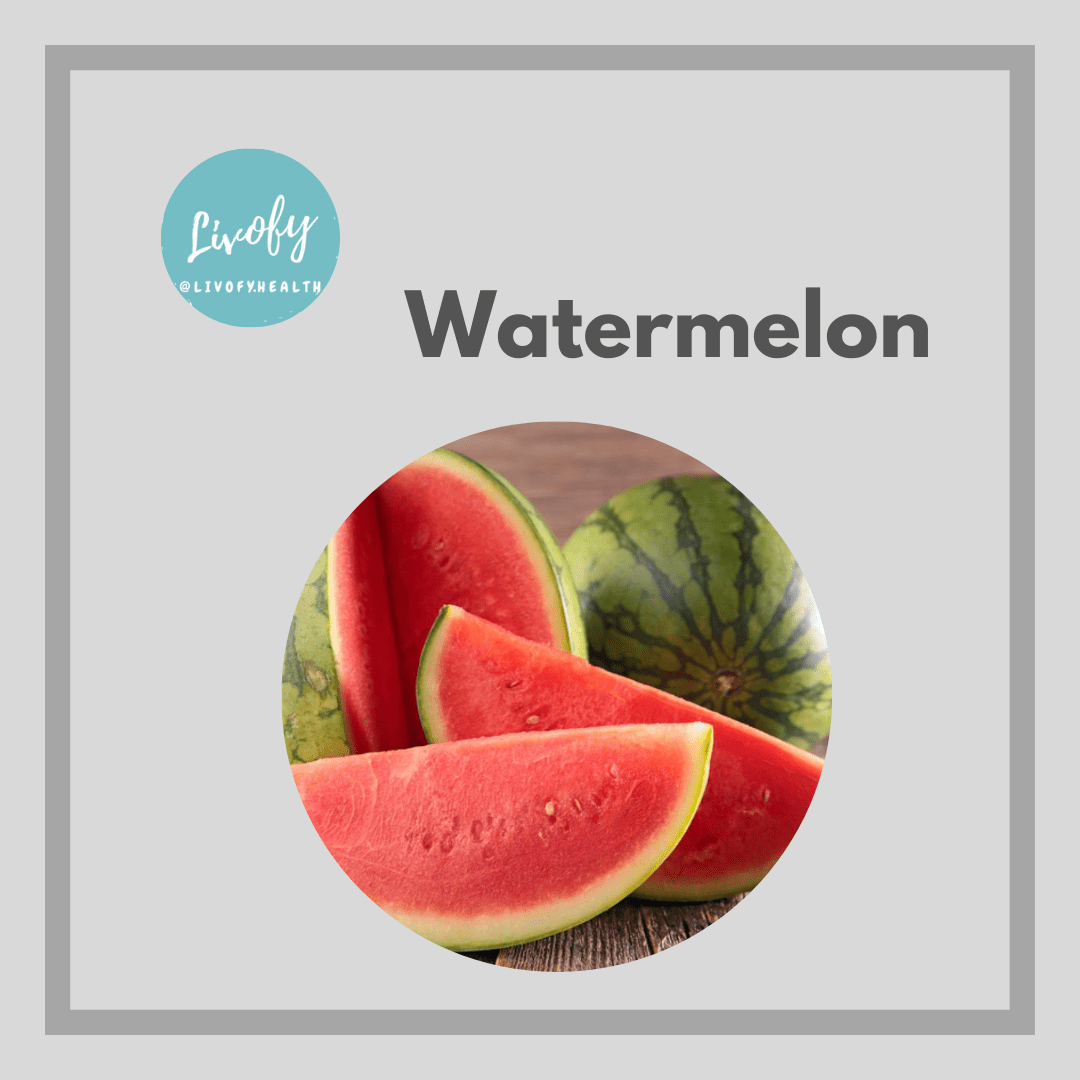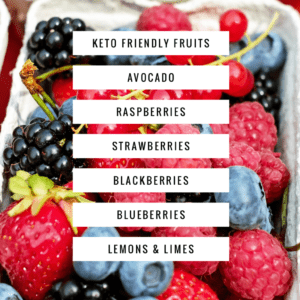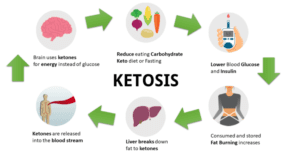Can I have fruits on a keto diet? Yes, you can have low-carb fruits as part of a keto diet. The popular high-fat, low-carb keto diet may make you believe that fruit is off-limits because it is a high-carb food.
Think again. You can eat fruit on a ketogenic diet if you make the appropriate choices. Just use a keto-friendly food list to educate yourself on which fruits are suitable, and then consume them in moderation. Finding keto fruits in India might be challenging for some individuals. You may find certain Keto fruits in India that are simple to find!
Keto Fruits in India
-
Blackberries
Although blackberries are native to Europe, they are grown year-round by farmers all throughout the United States. Blackberries are an edible fruit produced by various species in the genus Rubus in the family Rosaceae.
Nutritional Information:
100g of raw blackberries contains-
- Calories- 43
- Fats- 1g
- Carbs- 14g
- Dietary fiber- 5g
- Sugar- 4.9g
- Protein- 1.2g
- Sodium- 1 mg
- Iron- 0.62mg
- Potassium- 162mg
- Vitamin C- 21mg
Blackberries are a fairly good source of vitamins and minerals, and antioxidants and are generally eaten fresh, in preserves, or in baked goods such as cobblers and pies.
Benefits of Eating Blackberries
-
High in fiber
Foods high in fiber also improve general health. A high-fiber diet may help you lose weight, improve digestion, lower cholesterol, and regulate blood sugar levels.
-
Packed with antioxidants
Antioxidants like anthocyanins are present in blackberries in good quantities. Antioxidants aid in the body’s defense against the damaging effects of free radicals.
-
Source of Vitamin K
Vitamin K is very well-sourced in blackberries. This vitamin is required for blood clotting, which is critical for effective wound healing. People have also linked vitamin K to healthy bones. However, if a person is on any blood thinners, it is imperative that they review their vitamin K dose with their doctor.
-
Source of Vitamin A
The immune system, which fights off diseases and infections, is supported by vitamin A.
Additionally, it helps to maintain the health of bones and teeth as well as the skin.
The pigments in the retina of the eye are produced by vitamin A, which also supports vision, especially in low light.
Blackberries on Keto Diet
Blackberries are a simple addition to any healthy diet, including the ketogenic diet. Consuming blackberries with breakfast is a common technique.
Low-carb smoothies are an easy way to incorporate blackberries into a diet. Blackberries blend nicely with other berries like blueberries or raspberries in smoothies.
Protein powder may be added to foods to up their nutritional value and make people feel satiated for longer. Additionally, blackberries also taste great in keto desserts like pies and cakes.
Blackberries are a perfect addition to a low-carb diet because they only include 10 g of carbs per 100 g (according to USDA statistics).
Request a call back
-
Strawberries
While blueberries are more on the high-carb end, strawberries are one of the best fruits for weight loss and have a very low carb count. However, both of them are rather high in antioxidants and so safe to consume, but in potentially varying amounts.
In addition to being consumed fresh, strawberries are frequently found in prepared dishes including jam, juice, pies, ice cream, milkshakes, and chocolates. A lot of items, including confectionery, soap, lip gloss, perfume, and many more, employ artificial strawberry flavorings.
Nutritional Information
A serving of 100g contains-
- Calories- 33
- Fat- 0.3g
- Carbs- 7g
- Protein- 0.6g
- Dietary fiber: 3.30 g
- Calcium: 27 mg
- Iron: 0.68 mg
- Magnesium: 22 mg
- Phosphorus: 40 mg
- Potassium: 254 mg
- Vitamin C: 97.60 mg
- Folate: 40 micrograms (mcg)
- Vitamin A: 28 international units (IU)
Strawberries also contain a range of powerful antioxidants, including anthocyanins, ellagic acid, quercetin, and kaempferol.
Benefits of Strawberries
-
Promotes heart health
Due to their high polyphenol content, strawberries may aid in the battle against heart disease. Plant molecules called polyphenols are beneficial to health. Strawberries’ high fiber and potassium levels help promote heart health.
-
Helps in bowel movements
Eating foods such as strawberries, watermelons, grapes, and cantaloupe that are high in water content and fiber can help hydrate the body and maintain regular bowel movements.
-
Good choice for Diabetic Patients
Strawberries are a healthy fruit choice for people with diabetes. Because fiber increases satiety, people experience longer-lasting fullness after eating. This will reduce in-between meal snacking, which can help with glucose control and lower the chance of blood sugar spikes.
-
Helps in preventing Cancer
Chronic inflammation and oxidative stress are frequently connected to the development and spread of cancer. The ellagic acid and ellagitannins in strawberries, which have been found to inhibit the development of cancer cells, may be responsible for the protective benefits. In addition to assisting in blood sugar regulation, strawberries may reduce your chance of developing cancer and heart disease.
Strawberries on Keto Diet
On the ketogenic diet, you may have this delightful and satisfying fruit in moderation. Sliced strawberries come with 4.1 g of sugar and 4.7 g of net carbohydrates per half-cup serving.
Strawberries may be consumed fresh, as well as added to porridge or a small low-carb smoothie, as the aforementioned portion only has 27 calories.
To add taste and make your keto cheesecake and cakes seem more appealing, you may top them with fresh strawberries.
-
Coconut
Coconut is the fruit of the coconut palm (Cocos nucifera). It is sometimes referred to as the “tree of life” and is one of the most beneficial trees in the entire world. Among many other things, it may be used to make food, fuel, building materials, cosmetics, and traditional medicines. It is utilized for its milk, water, oil, and exquisite meat. Since more than 4,500 years ago, coconuts have been farmed in tropical areas, but only recently have consumers begun to appreciate their flavor, culinary applications, and possible health advantages.
Nutritional Information
A serving of 100g contains-
- Calories- 354
- Carbs- 15g
- Fat- 33g
- Dietary fiber- 9g
- Protein- 3g
- Calcium- 14 mg
- Iron – 2.4 mg
- Magnesium- 32mg
- Potassium – 356 mg
- Vitamin C- 3.3mg
- Vitamin E- 0.24mg
- And, Vitamin K- 0.2 μg
Benefit of Coconut
-
Provides good fats
Even though coconut oil includes saturated fats, many individuals are still unsure of its suitability for their health despite the fact that it has therapeutic effects. While hydrogenated coconut oil is gathered and then cold-pressed at a temperature of 100 degrees Fahrenheit, pure coconut oil is taken from ripe coconuts with hard flesh. Virgin coconut oil that has not been refined or treated is suitable for you.
-
Enhances weight loss
Many supporters of coconuts and coconut oil assert that they can aid in weight loss. According to 2018 research, medium-chain triglycerides found in coconut and coconut oil may boost fat burning, improve energy expenditure, and even reduce appetite—but only when consumed as a part of a low-fat diet.
-
Improves skin health
You don’t need to seek further than coconut oil to maintain youthful, healthy skin. It has antioxidants that slow down aging and shield your skin from the sun\’s damaging rays. Applying a few drops of coconut oil to your skin is all that is necessary.
-
Decreases infections
Lauric acid, which is present in coconuts, works to combat bacteria, viruses, and fungi to prevent illnesses. They\’ve also been proven to aid in the destruction of the yeast Candida albicans and the bacterium Staphylococcus aureus, both of which are major causes of yeast infections in people.
-
Consuming coconuts also
1. Boosts the immune system since coconuts are anti-parasite, antibacterial, antiviral, and antifungal.
2. Provides quick energy and improves athletic and physical performance.
3. Considerably reduces the risk of heart disease.
4. Protects against bladder infection and kidney disease.
5. Restores and maintains thyroid functionality.
6. Makes you look young by preventing age spots, sagging skin, and wrinkles.
Coconut on Keto Diet
Coconut may be used in both sweet and savory dishes at home and is flexible. For those following low-carb, keto, paleo, gluten-free, or nut-free diets, it\’s a great option.
On the keto diet, coconut can be consumed in a variety of ways: Coconut butter, coconut milk, coconut oil, and coconut water.
These all are keto-friendly. You may use coconut as the primary ingredient in a variety of dishes. Coconut milk for dairy and sweets, coconut flour for keto-friendly chapattis, paranthas, and pizzas, and coconut oil for cooking.
Coconut has 2.5 grams of net carbohydrates and 13 grams of good fat every half-cup. Instead of fruit, coconut can be used as a nut or seed.
-
Avocado
The avocado tree, Persea Americana, belongs to the Lauraceae genus of flowering plants and was probably initially cultivated in south-central Mexico.
According to botany, the fruit of this plant known as avocado is a sizable berry with a single sizable seed.
Around the world, avocados are grown in tropical and Mediterranean regions. They have fleshy, green-skinned bodies that can be spherical, egg-shaped, or pear-shaped. They ripen after harvesting for commercial use.
To ensure predictable fruit quality and quantity, avocado trees, which are largely self-pollinating, are frequently propagated by grafting.
Avocados are rich, creamy, versatile, and flavourful. Avocado is a bright green low-carb fruit with a large pit and dark leathery skin. They’re also called alligator pears or butter fruit.
Nutritional Information
A 100g of avocado contains-
- Calories -160
- Fats- 15g
- Carbs-9g
- Dietary fiber- 7 g
- Total sugar -0.7g
- Protein- 2g
- Potassium- 345 milligrams (mg)
- Sodium -5.5 mg
- Magnesium -19.5 mg
- Vitamin A -43 micrograms (μg)
- Vitamin E -1.3 mg
- And, Vitamin K -14 μg
- And, Vitamin B-6 0.2 mg
- Monounsaturated fatty acids- 6.7 g
Avocados are low in sugar. Also, They are rich in fiber, vitamin E, folic acid, and heart-healthy fats.
Benefits of Avocado
-
Heart health
Oleic acid, a monounsaturated fatty acid, may be found in avocados. This heart-healthy lipid aids in reducing inflammatory heart disease. Additionally, avocados contain beta-sitosterol, a vitamin that functions similarly to cholesterol in plants. Your cholesterol levels can be decreased using beta-sitosterol.
-
Weight loss
Avocados are very high in fiber, low in carbs, and do not raise blood sugar levels, which are all properties that make it a weight loss-friendly food.
-
Arthritis and osteoporosis
Studies on avocado oil extracts reveal that they help lessen the symptoms of osteoarthritis. By reducing bone loss and preventing osteoporosis, vitamin K improves bone health.
-
Reduces inflammation
Numerous disorders, such as Alzheimer’s disease, arthritis, and diabetes can all be triggered by chronic inflammation. Your body’s inflammation is reduced by vitamin E.
-
Helps in Digestion
The fiber present in avocados helps to eliminate your body’s waste. Constipation may be avoided by consuming enough fiber.
-
Regulates Blood pressure
Potassium is abundant in avocados. By reducing sodium levels and tension in your blood vessel walls, potassium helps balance your blood pressure.
Avocado on Keto Diet
One of the most well-liked keto fruits is avocado. Half of the avocado offers fewer than 2 grams of net carbohydrates and a wonderful 15 grams of heart-healthy fat.
These are fantastic complements to low-carb salads and smoothies. For a meal that fits the keto diet, consider adding avocado cubes to your salad. Breakfast sandwiches on keto bread with scrambled eggs, sliced tomatoes, and avocado sound amazing. Eggs with sliced avocados also work well.
Request a call back
-
Tomatoes
Although some people mistakenly classify tomatoes as vegetables, they are true fruits. The tomato plant, also referred to as Solanum Lycopersicum, produces tomatoes as its fruit.
They may readily be purchased at a farmer\’s market or roadside stand and grow on a vine that is particularly plentiful throughout the summer. People who regularly consume tomatoes can benefit from a number of health advantages.
Nutritional Information
A serving of 100g tomatoes contains-
- Calories- 18
- Total fat- 0.2g
- Cholesterol- 0mg
- Sodium – 5g
- Carbs- 3.9g
- Dietary fiber- 1.2g
- Protein- 1g
- Vitamin A- 16%
- Vitamin C – 22%
Tomatoes are loaded with a substance called lycopene. Tomatoes also have potassium, vitamins B and E, and other nutrients.
Benefits of Tomatoes
-
Heart health
Additionally, LDL or “bad” cholesterol, blood pressure, and the likelihood of developing heart disease may all be decreased with the use of lycopene. Your heart health may also be improved by tomatoes and other nutrients, such as the antioxidants flavonoids and vitamins B and E.
-
Improves your vision
Zeaxanthin and lutein, which are found in tomatoes, may help shield your eyes from the blue light produced by digital gadgets like smartphones and laptops. They could also lessen headaches brought on by eyestrain and protect your eyes from getting weary.
-
Helps in maintaining diabetes
In one study, people with diabetes who took cooked tomatoes as a supplement for 30 days saw a reduction in the chain reaction known as lipid peroxidation, which occurs when free radicals attack fat and cause damage that increases the risk of heart disease. This is crucial since diabetes increases the risk of heart attack and stroke.
-
Guards skin health
According to 2011 research, the combination of tomato paste and olive oil stimulated the creation of pro-collagen, a chemical that gives the skin its structure and maintains it firm and youthful and protected against UV damage. Scientists think that tomato lycopene is important. When tomatoes are cooked, it is at their maximum concentration, and olive oil increases your body\’s ability to absorb it into your circulation.
-
Protects against cancer
Observational studies have found links between the superstar compound lycopene and fewer incidences of prostate, ovarian, lung, and stomach cancers.
Tomatoes on Keto Diet
Yet another should-be veggie that’s actually a fruit. At 2g net carbs per half-cup, cherry tomatoes are a great addition to your keto diet.
Tomatoes are versatile and very easy in addition to your low-carb and keto diets. You can eat them raw in keto salads. You can make Indian dishes like paneer bhurji, egg bhurji, and baingan ka bharta using tomatoes.
Also, You can have tomato soup, boiled tomatoes, top tomatoes on your keto pizzas, and many other meals. Tomatoes are wonderful and delicious weight-loss ingredients.
-
Lemon
Lemon, also known as nimboo, is the citrus fruit with the most global appeal. This is a species of a small evergreen tree, which belongs to the Rutaceae genus of flowering plants, which is native to Northeastern India. It produces rounded fruits. Lemon gives your meal taste. Lemons are not only good for helping you lose weight, but they are also quite healthy for you in general.
Nutritional Information
- Calories- 29
- Carbs- 9g
- Fiber- 2.8g
- Fats- 0.3g
- Protein- 1g
- Vitamin C- 53mg
- Vitamin B6- 0.08mg
- Iron- 0.6 mg
- Potassium- 138mg
- Folate- 11 μg
Uses of Lemon
You can use Lemon juice, rind, and peel in a wide variety of foods and drinks. The whole lemon we use is to make marmalade, lemon curd, and lemon liqueur. Lemon slices and lemon rind are used as garnish for food and drinks. You can use the Lemon zest, the grated outer rind of the fruit to add flavor to baked goods, puddings, rice, and other dishes.
Benefits of Lemon
-
-
Builds Immunity
-
Foods rich in vitamin C and other antioxidants may aid in boosting the immune system’s defenses against the viruses that cause the flu and the common cold.
-
-
Promotes Healthy Hair And Skin
-
The production of collagen, the skin’s support structure, depends heavily on vitamin C. Additionally, one of the greatest treatments for a clean, dandruff-free scalp that promotes healthy hair development is applying lemon juice straight to the scalp and hair.
-
-
Aids Digestion
-
A few drops of lemon juice in hot water are believed to clear and purify the digestive system.
-
-
Oral Health
-
Lemon juice also works as a mouthwash. It removes plaques, helps in the whitening of teeth, and strengthens the enamel. Lemon juice relieves gingivitis, stomatitis, and inflammation of the tongue, due to its vitamin C content in it.
-
-
Helps you lose weight
-
Lemons contain pectin fiber, which assists in fighting hunger cravings.
Lemon on Keto Diet
No one’s asking you to bite into a lemon but when you need to dress up unsweetened soda water or plain tea, the sour citrus fruit has your back.
A squeeze from a wedge has almost zero carbs. That’s a negligible amount of carbs, so honestly, squeeze as many lemons as you want.
Lemons are keto-friendly. They provide flavors to your food. Whether it is a salad or a drink, squeeze a lemon on it and enjoy it!
-
Olives
The olive is a type of small tree that belongs to the Oleaceae family and is often found in the Mediterranean Basin.
Along with South America, South Africa, Australia, New Zealand, and the United States, the plant is grown throughout the Mediterranean area. They belong to the drupe family of fruits, which also includes mangoes, pistachios, almonds, cherries, and peaches.
Olives, on the other hand, are cured in brine water, which requires more time but preserves a robust nutritional profile and a fuller flavor. The olives from organic companies that we suggest are the most nutrient-dense since they were probably treated with a brine solution rather than lye. It is one of the most popular healthy oils used for cooking.
Nutritional Information
- Serving size – 100g (approx. 10 olives)
- Calories – 115
- Protein – 0.8 g
- Carbs – 6 g
- Fiber – 3 g
- Fat – 11 g
Olives are extraordinarily high in vitamin E and antioxidants.
Olive Oil Nutrition Facts
- Serving size – 15g (1 tbsp)
- Calories – 119
- Protein – 0 g
- Carbs – 0 g
- Fiber – 0 g
- Fat – 14 g
Olive oil contains no carbohydrates or protein. Since all of its calories come from fat – mostly monounsaturated -which makes it a perfect fit for keto.
Benefits of Olives and Olive Oil
-
Antioxidant Properties
It has been demonstrated that dietary antioxidants can help fight against microorganisms as well as chronic illnesses like cancer and heart disease.
-
Heart Health
The oleic acid in olives has been associated with improved heart health and may protect LDL-cholesterol from oxidation.
-
Bone Health
Studies have shown that olive oil can prevent bone loss and osteoporosis in animal trials, but more human trials are needed to make accurate predictions.
-
Anti-Inflammatory
Oleuropein, an anti-inflammatory compound found in olives, may help shield your cells from cellular damage.
Olives are extremely high in antioxidants, which may help with a number of advantages, including lowering cholesterol and blood pressure. They could also lower your chance of developing cancer and losing bone mass, but further study is required.
Olives on Keto Diet
Olives, available in green or black kinds, are a great complement to any ketogenic diet. They go well with low-carb foods like salads and dips, but you can also eat them on your own as a snack. A ketogenic dieter\’s best buddy can be olives and olive oil.
Olive oil has similar advantages. On the keto diet, olive oil is entirely permissible and even recommended. For a healthy fat source to support your keto diet, top avocado with it. Sprinkle it over your salad. Make a chimichurri sauce for your steak.
Whether you’re looking for a quick snack, tasty addition to your salad, or want to bring out the flavor in your steak – using olives can make just about any meal tastier and healthier. Between the profound anti-inflammation properties, the healthy fat content, and nutrient density, there’s no reason not to incorporate olives into your ketogenic diet plan!
-
Watermelon
Watermelon (Citrullus lanatus) is a plant species in the family Cucurbitaceae, a vine-like flowering plant originally domesticated in West Africa. With more than a thousand different types, it is an extensively grown fruit all over the world. Watermelon is a popular fruit in the summer that has high water content. It offers both necessary nutrition and hydration. In India, watermelon is a popular fruit that you can munch on.
Nutritional Information
1 cup of watermelon-
- Calories- 46
- Carbs- 11.6g
- Fiber- 0.6g
- Fats- 0g
- Protein- 1g
- Cholesterol- 0mg
- Sodium- 0mg
- Vitamin C- 25%
- Calcium- 2 %
- Vitamin A – 30%
- Iron- 4%
Benefits of Watermelon
-
Loaded with lycopene
The cheery red color comes from lycopene, an antioxidant. Studies show it may help curb your risk of cancer and diabetes as part of a healthy lifestyle.
-
Heart Health
Citrulline, an amino acid that can assist your body pump blood and reducing your blood pressure, is abundant in watermelon. According to studies, it could reduce your risk of heart attacks.
-
Protects your joints
Beta-cryptoxanthin, a naturally occurring pigment found in watermelon, may help to reduce inflammation in your joints. According to some research, it may eventually lower your risk of developing rheumatoid arthritis.
-
Hydration
Juicy watermelon is 92% water, so it’s a simple way to help stay hydrated. Every cell in your body needs water. If you get really dehydrated, it can become serious enough that you need to get fluids by IV.
-
Soothing skin
Your skin will remain elastic, silky, and smooth thanks to the vitamins A, C, and B6 in watermelon. Melon also works well as a face mask due to its high water content. Mix 1 tablespoon of watermelon juice with the same amount of Greek yogurt. Apply it as a face mask for 10 minutes to remove any dry, lifeless skin. Towel dry after rinsing.
-
Muscle soreness
In athletes, watermelon may shorten the time needed for recuperation after exercise and reduce muscular stiffness.
Additionally, watermelons aid in both hunger control and weight loss. For those with obesity and metabolic syndrome, watermelon could be a healthy snack option.
Watermelon on Keto diet
7 grams of carbohydrates and 8.3 grams of sugar are present in every 100 grams portion of watermelon. On the keto diet, you can have watermelon in moderation. It might be beneficial to satisfy your desire for sweets and practice moderation in your eating plan.
In order to include it in your keto diet, you may need to plan carefully and eat smaller portions to stay under your daily carbohydrate allowance.
In conclusion
So, these are the seven keto fruits that are easily available in India and you can enjoy them on your low-carb diets. Fruits are nutritious and diet-friendly. They are always a great addition to a healthy diet.
To lose weight, transform yourself into a healthier version, and maintain weight, subscribe to Keto India for a personalized keto consultation. Good luck on your weight loss journey! Stay tuned for more such health content! Also, don’t forget to follow us on Instagram for the daily dose of Ketogenic Diet, Health, and Wellness!

